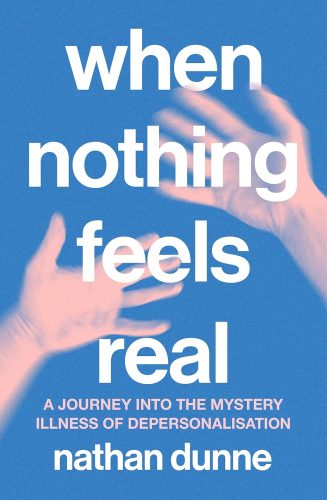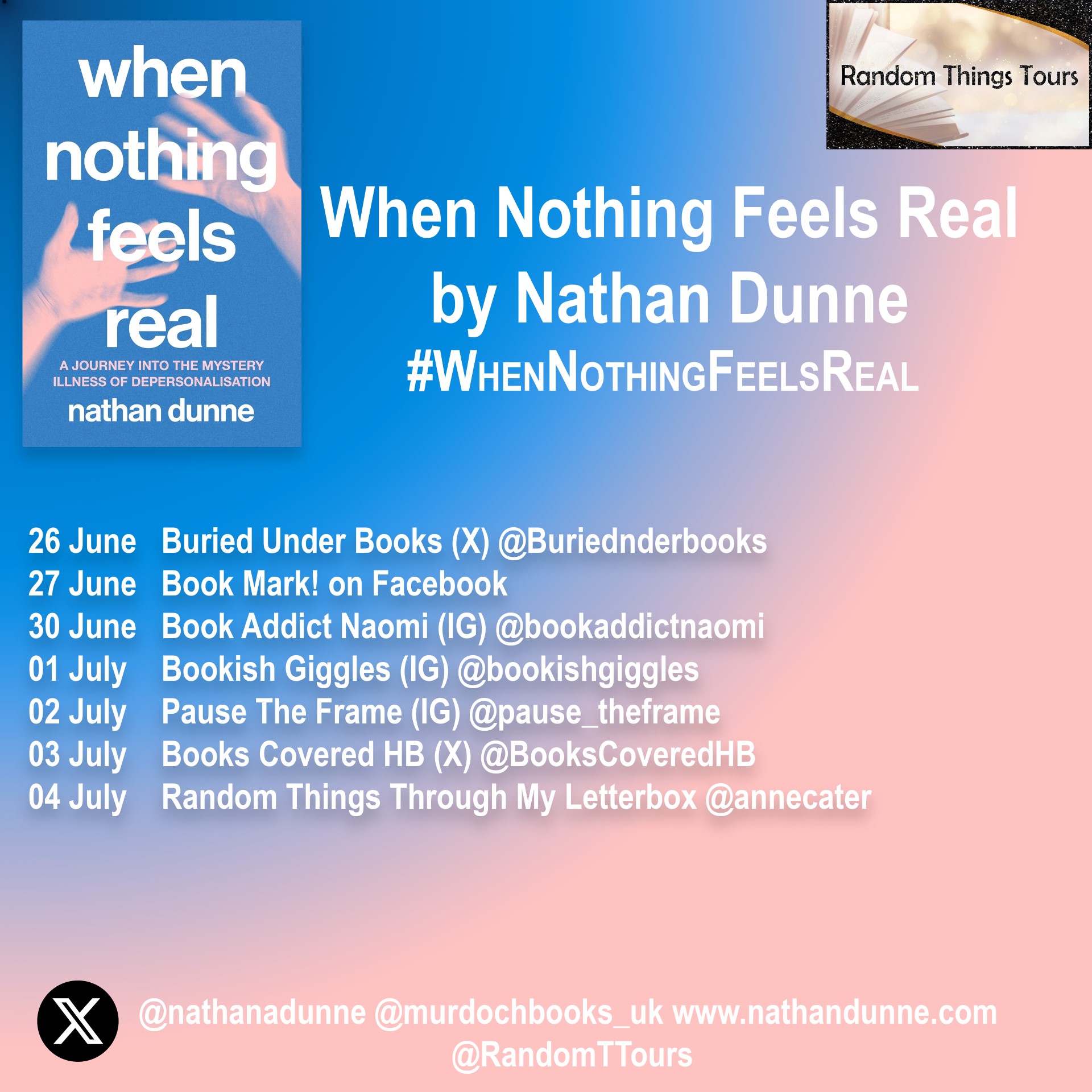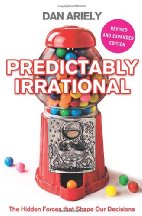
‘My hands were those of a ghost. They were not my own.’
We often talk about how important it is to (metaphorically) walk in someone else’s shoes, but what happens to your sense of self when you can’t walk in your own? This is journalist Nathan Dunne’s account of his experiences with depersonalisation, a form of mental illness that, despite not being well understood, is on the rise (due to a number of factors that Dunne explores in one of the later chapters).
What’s it about?
After a dip in a lake, Dunne experienced a sudden and powerful dissociation that quickly resulted in the first of many hospital visits. Despite being an intelligent man living in a country that spoke his native tongue, Dunne found himself facing a language barrier: unable to convey the full horror of his depersonalisation, he was treated for depression, a misdiagnosis that he soon rejected but which couldn’t be replaced with an answer.
Described as, ‘A journey into the mystery illness of depersonalisation’, Dunne’s memoir is at once deeply personal and lightly scientific, exploring the ‘personal, medical, psychological and philosophical issues’ raised by his condition and referring to both other sufferers’ anecdotal experiences and medical research.
What’s it like?
I found this a challenging read, especially initially, as I have no personal experience of dissociating from myself and so Dunne’s opening account of his initial onset was confusing and alien. I found later chapters, which focused more on the wider issues, easier to comprehend, but feel the difficulty I experienced is actually another example of Dunne’s point: it is hard to convey such a cataclysmic fracture of the self in everyday words.
Dunne has, unsurprisingly, spent a lot of time researching depersonalisation and, for me, the most interesting parts of the book were where he discussed potential triggers for onset and why these are on the rise.
Final thoughts
This was a genuinely interesting account of a condition that I had not previously heard about. Loosely chronologically organised chapters stray from the personal to the medical and back again, encompassing personal set backs and Dunne’s own therapy programme alongside more abstract discussion of treatment methods. When under particular stress, Dunne’s narrative voice fractures and spools for lengthy paragraphs, effectively highlighting his loss of control or his frustration.
Ultimately, although there is no final cure for depersonalisation, this is a story of hope, completed by a writer who now understands himself and his illness and seeks to help his fellow sufferers feel less alone.
‘When Nothing Feels Real’,
Nathan Dunne,
2025, Murdoch Books, paperback
Many thanks to the publisher and Anne Cater’s Random Things Tours for providing me with a copy of this book in exchange for an honest review and a spot on the blog tour.
Want to know more? Follow the tour:


